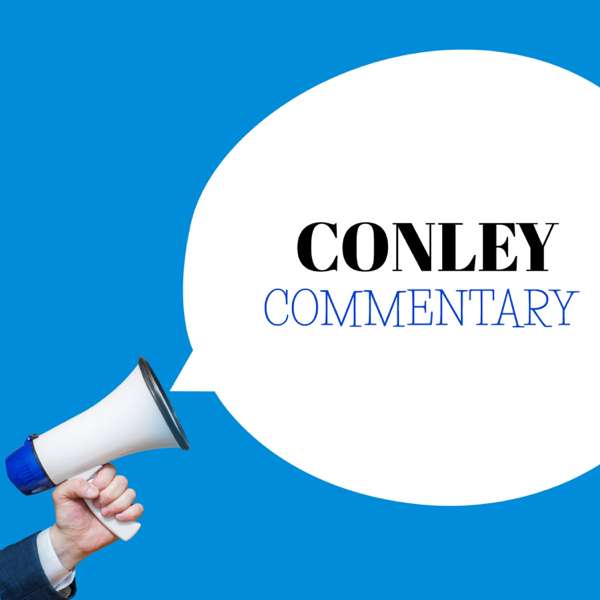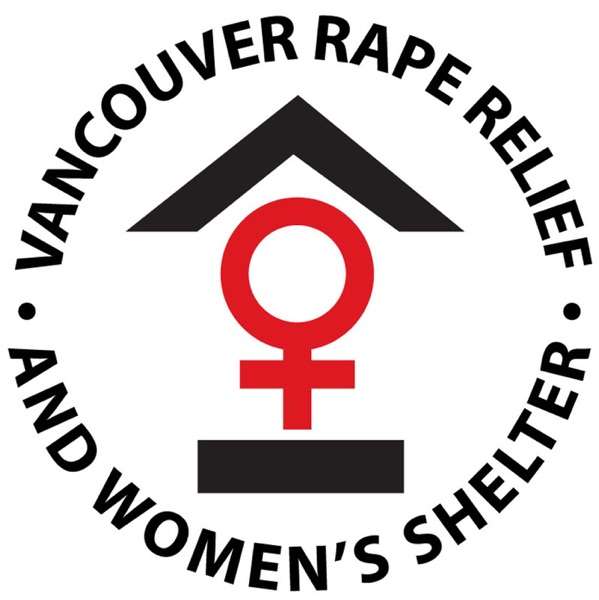The big Justice Department headline this week is a sweeping change to how the federal government enforces civil rights in federally funded programs. According to a Justice Department rule announcement and reporting from outlets like Politico, DOJ just issued a final rule rescinding its longstanding “disparate impact” regulations under Title VI of the Civil Rights Act, effective immediately for recipients of federal funds in areas like policing, education, housing, and public benefits.
Under the old rules, a policy could be illegal if it disproportionately harmed people based on race or national origin, even without proof of intentional bias. DOJ now says it will generally require evidence of intentional discrimination, arguing this “restores true equality under the law” by focusing on actual discriminatory conduct, not statistical disparities. Civil rights advocates, including the NAACP Legal Defense Fund, warn this move “takes away critical safeguards” against hidden exclusion in access to courts, schools, jobs, and government services.
For American citizens, this shift could make it harder to challenge practices that look neutral on paper but hit certain communities much harder in practice, like where new police technologies are deployed or how school discipline is enforced. For businesses and organizations that receive federal funds, especially hospitals, universities, and local agencies, the change may reduce some litigation risk but increase pressure from states, private lawsuits, and public opinion to track and correct inequities on their own.
State and local governments now face a more complex map: fewer DOJ investigations based solely on disparate impact, but potentially more activism from state attorneys general and community groups filling that gap. Internationally, partners that look to U.S. civil rights enforcement as a benchmark may see this as a step away from global norms that emphasize outcomes as well as intent.
At the same time, DOJ leaders are reaffirming an aggressive posture on corporate and white‑collar crime. Speaking at a major anti‑corruption conference, Deputy Attorney General Todd Blanche said DOJ’s “primary goal” in corporate cases is individual accountability, calling it the strongest deterrent compared with “a massive fine” years later. Acting Criminal Division chief Matthew Galeotti has outlined a “focus, fairness, and efficiency” playbook that promises faster resolutions for companies that self‑disclose, cooperate, and remediate, and a higher likelihood of indictment for those that do not.
For businesses, that means clearer incentives: come forward early, fix problems, and you may get reduced penalties or even declinations; drag your feet, and you risk a very public prosecution of both the company and responsible executives. For workers and consumers, DOJ is betting that targeting real decision‑makers will curb fraud, foreign bribery, and corruption that can raise prices, distort markets, or endanger safety.
Looking ahead, listeners should watch for court challenges to the civil rights rule and for DOJ’s promised unified corporate enforcement policy, which could further refine expectations on compliance programs and cooperation. If you’re concerned about the civil rights changes, this is a moment to engage: contact your representatives, join public comment opportunities in related agency rules, and support local advocacy tracking the real‑world impact on schools, policing, and public services.
For more information, check out the Justice Department’s news page and civil rights division, along with reputable civil rights and business law organizations that are publishing plain‑language explainers on these developments.
Thanks for tuning in, and don’t forget to subscribe so you never miss an update on how federal justice policy is shaping everyday life. This has been a quiet please production, for more check out quiet please dot ai.
For more http://www.quietplease.ai
Get the best deals https://amzn.to/3ODvOta
This content was created in partnership and with the help of Artificial Intelligence AI

 Our TOPPODCAST Picks
Our TOPPODCAST Picks  Stay Connected
Stay Connected







